How Does a Dental Bridge Work?
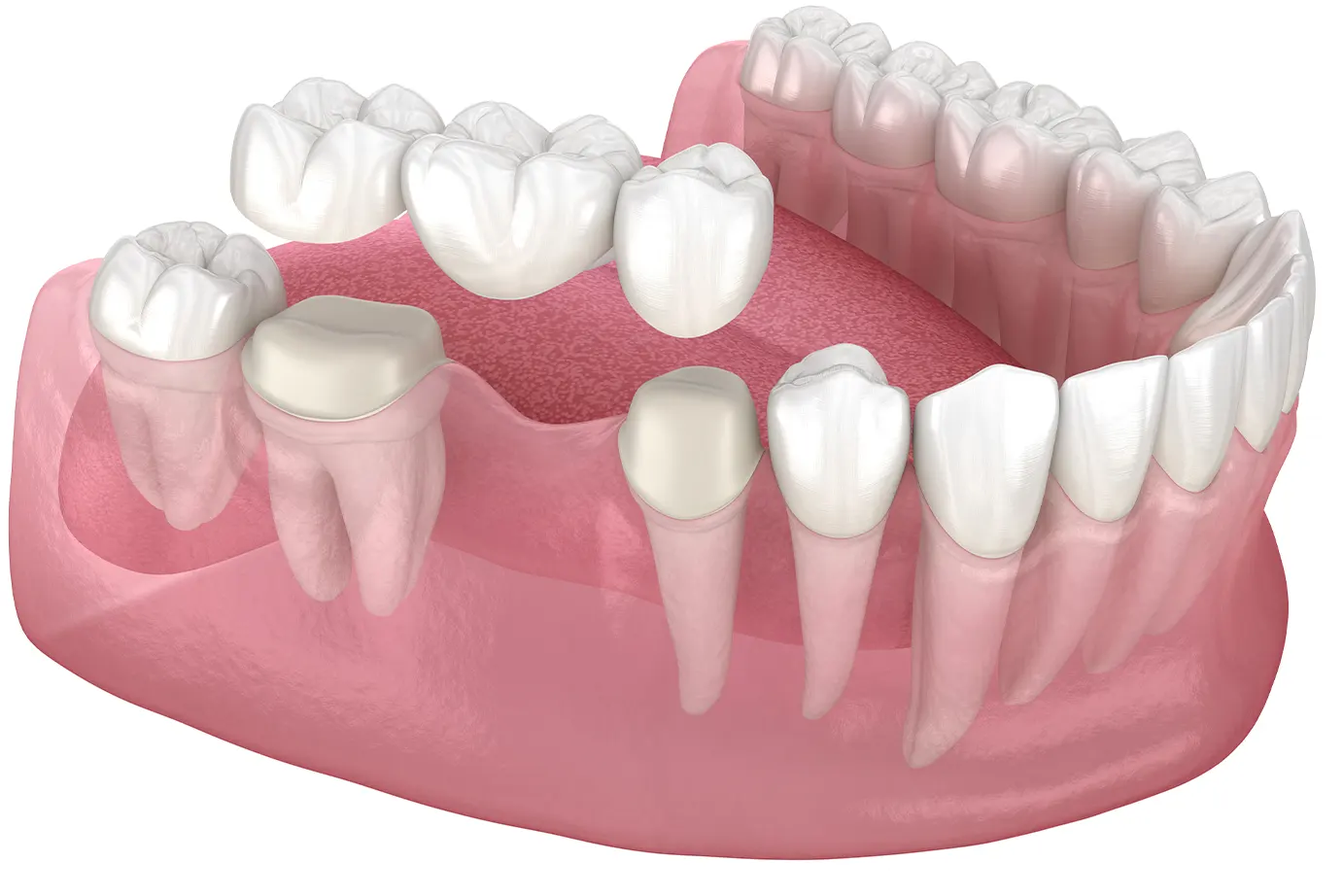
Missing teeth can affect more than just your smile—they can impact your confidence, oral health, and even your ability to chew and speak properly. Fortunately, dental bridges offer an effective solution for those looking to restore their smile and improve their quality of life. But how exactly does a dental bridge work?
In this blog, we’ll explore the mechanics behind dental bridges, the types available, and how they can benefit you. Whether you're considering this option or simply curious about dental health, understanding dental bridges can help you make informed decisions about your oral care.
What is a Dental Bridge?
A dental bridge is a fixed dental restoration used to replace one or more missing teeth by literally "bridging" the gap between them. The bridge is anchored onto the neighboring teeth or dental implants, ensuring stability and functionality. Here’s how it generally works:
- Abutment Teeth: These are the natural teeth or implants on either side of the gap that provide support for the bridge.
- Pontics: These are the artificial teeth that fill the gap, designed to look and function like natural teeth.
- Materials: Dental bridges are typically made from both ceramic and metal materials for the best durability and aesthetics.
By understanding these components, you can appreciate how a dental bridge can restore not just your smile but also your oral function.
Types of Dental Bridges
There are several types of dental bridges, each suited for different needs and situations. The most common types include:
- Traditional Bridges: These involve creating a crown for the tooth or implant on either side of the missing tooth, with a pontic in between.
- Cantilever Bridges: Used when there are adjacent teeth on only one side of the missing tooth or teeth.
- Maryland Bonded Bridges: Made of a metal or porcelain framework with thin “wings” on each side that are bonded to the back of existing teeth.
- Implant-Supported Bridges: These are anchored by dental implants rather than crowns or frameworks, providing a secure and permanent solution.
Choosing the right type of bridge depends on various factors including the location of the missing tooth, the condition of your surrounding teeth, and your personal preferences.
The Process of Getting a Dental Bridge
Getting a dental bridge typically involves multiple visits to the dentist. Here’s a general overview of the process:
- Initial Consultation: Your dentist will evaluate your oral health, take X-rays, and discuss the best bridge option for you.
- Preparation: The abutment teeth are prepared by reshaping them to fit the crowns that will hold the bridge.
- Impressions: Impressions of your teeth are made to create a model for the bridge.
- Temporary Bridge: A temporary bridge is placed to protect the exposed teeth and gums while the permanent bridge is being crafted.
- Fitting the Bridge: Once the permanent bridge is ready, it is fitted and adjusted to ensure a perfect fit.
This step-by-step process ensures that your dental bridge is customized to fit your mouth perfectly, providing both comfort and functionality.
Benefits of Dental Bridges
Dental bridges offer numerous benefits that can significantly enhance your oral health and overall well-being:
- Restored Functionality: Bridges help restore your ability to chew and speak properly.
- Improved Appearance: They fill the gaps in your smile, boosting your confidence and appearance.
- Preventing Teeth Shifting: By filling the space, bridges prevent remaining teeth from drifting out of position.
- Durability: With proper care, dental bridges can last many years, making them a long-term solution.
These benefits make dental bridges a popular choice for many individuals looking to restore their smile and oral health.
Get Your Smile Back with Cerritos Plaza Dentistry
If you're in Cerritos, CA, and considering a dental bridge to rejuvenate your smile, look no further than Cerritos Plaza Dentistry. Our expert team, led by Dr. Jared Wu, is dedicated to providing personalized dental care tailored to your needs. Don't let missing teeth hold you back any longer—contact us at (562) 924-8663 to schedule your appointment today and take the first step towards a healthier, more confident smile!
Get in Touch to Schedule Your First Appointment


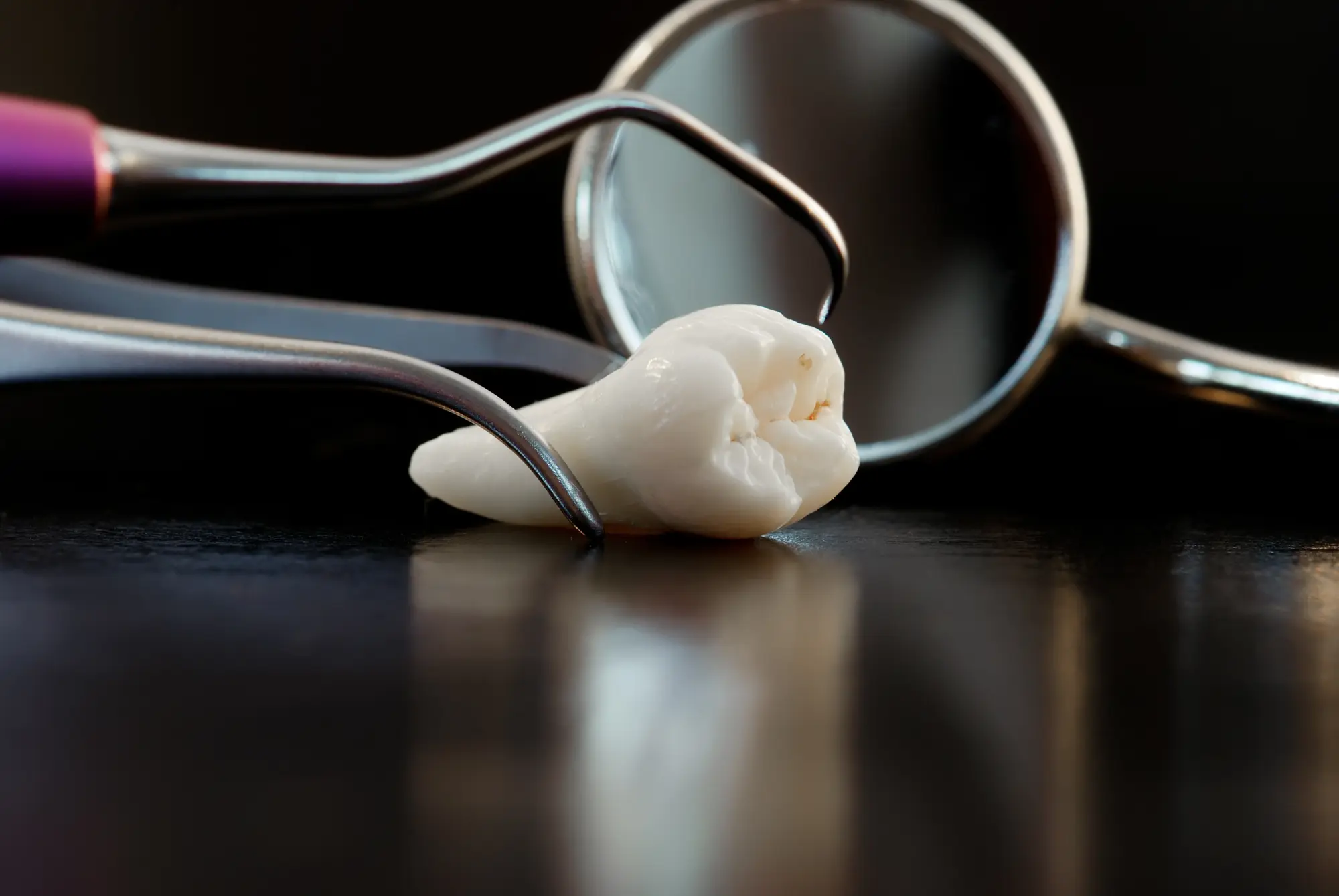

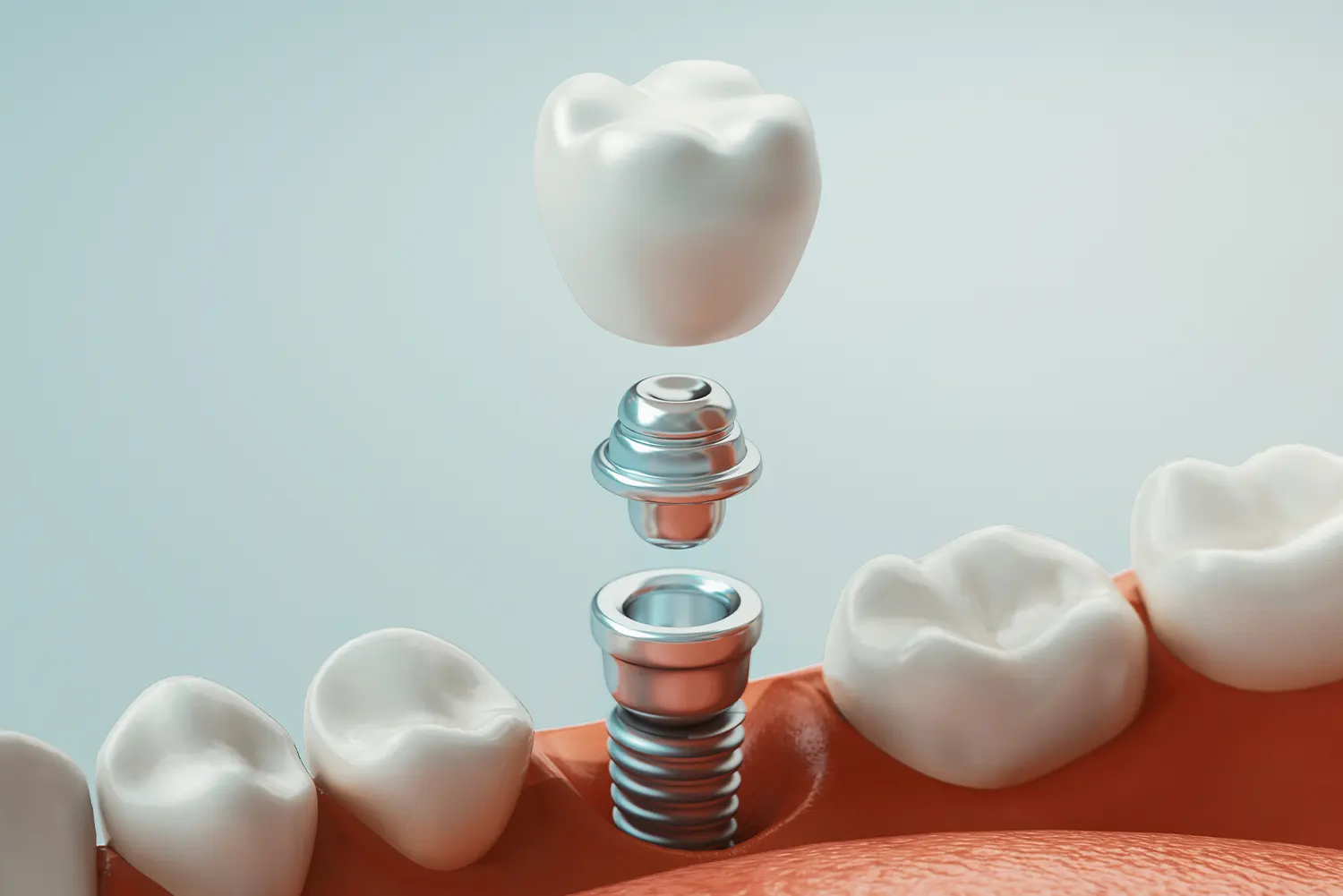
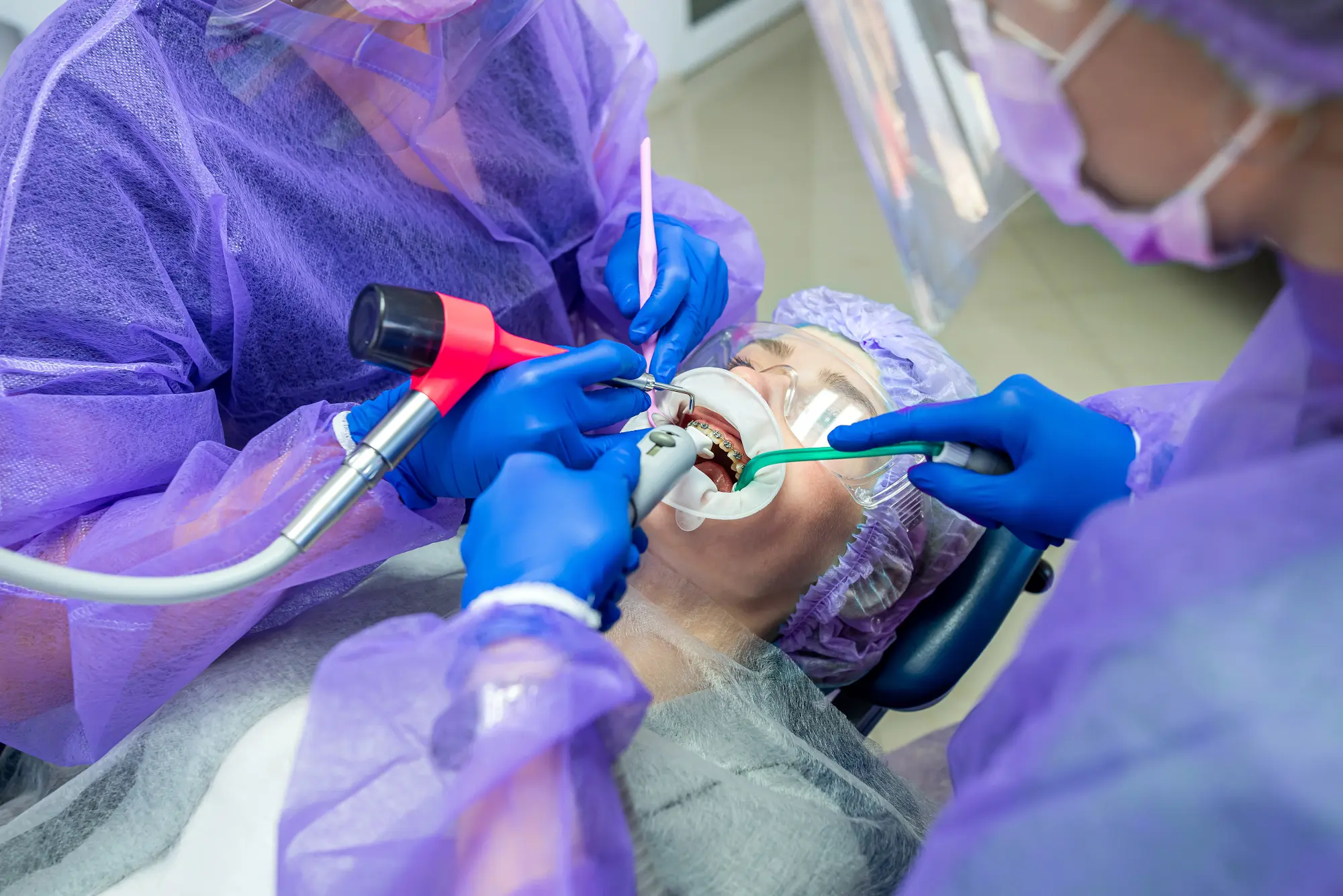
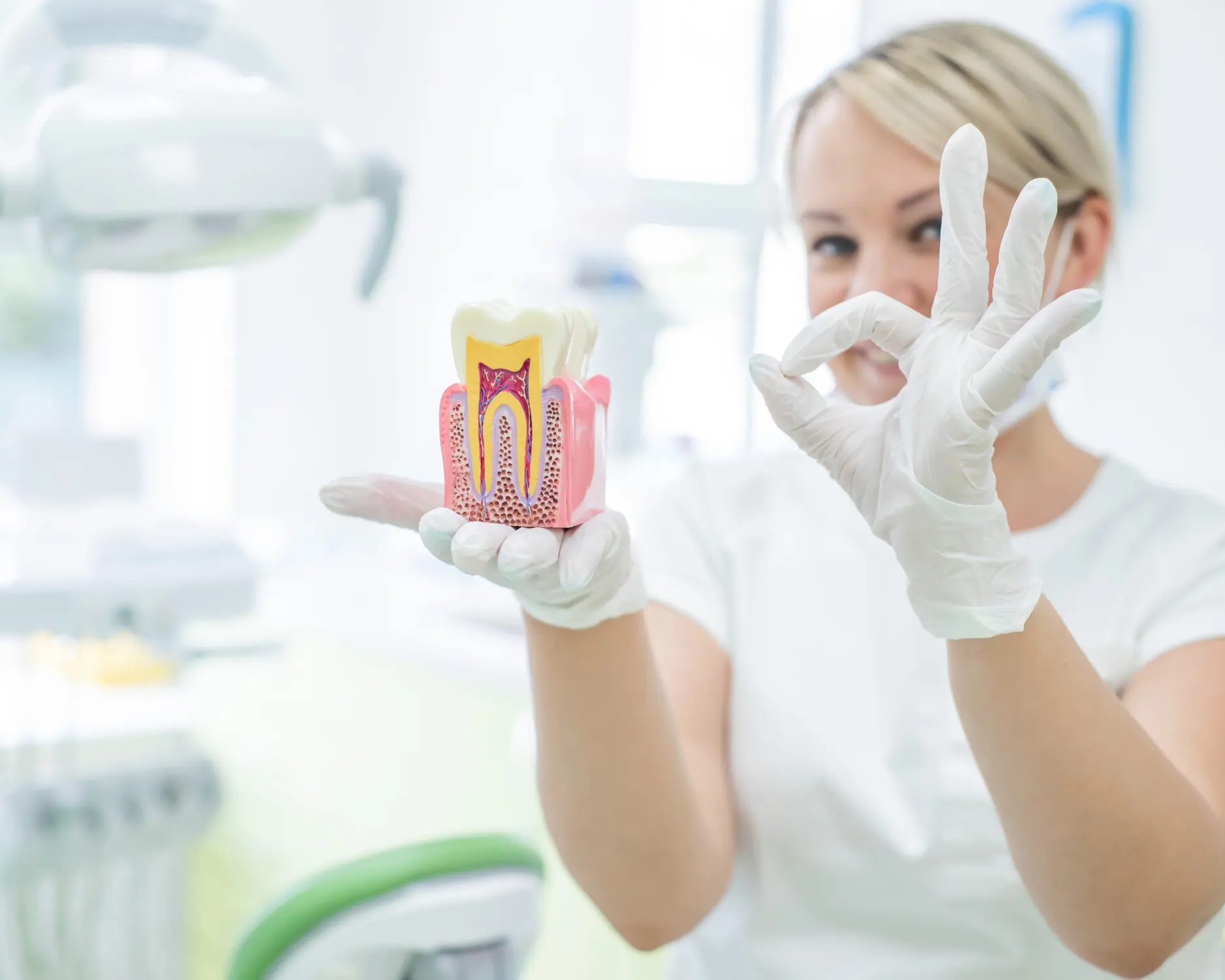
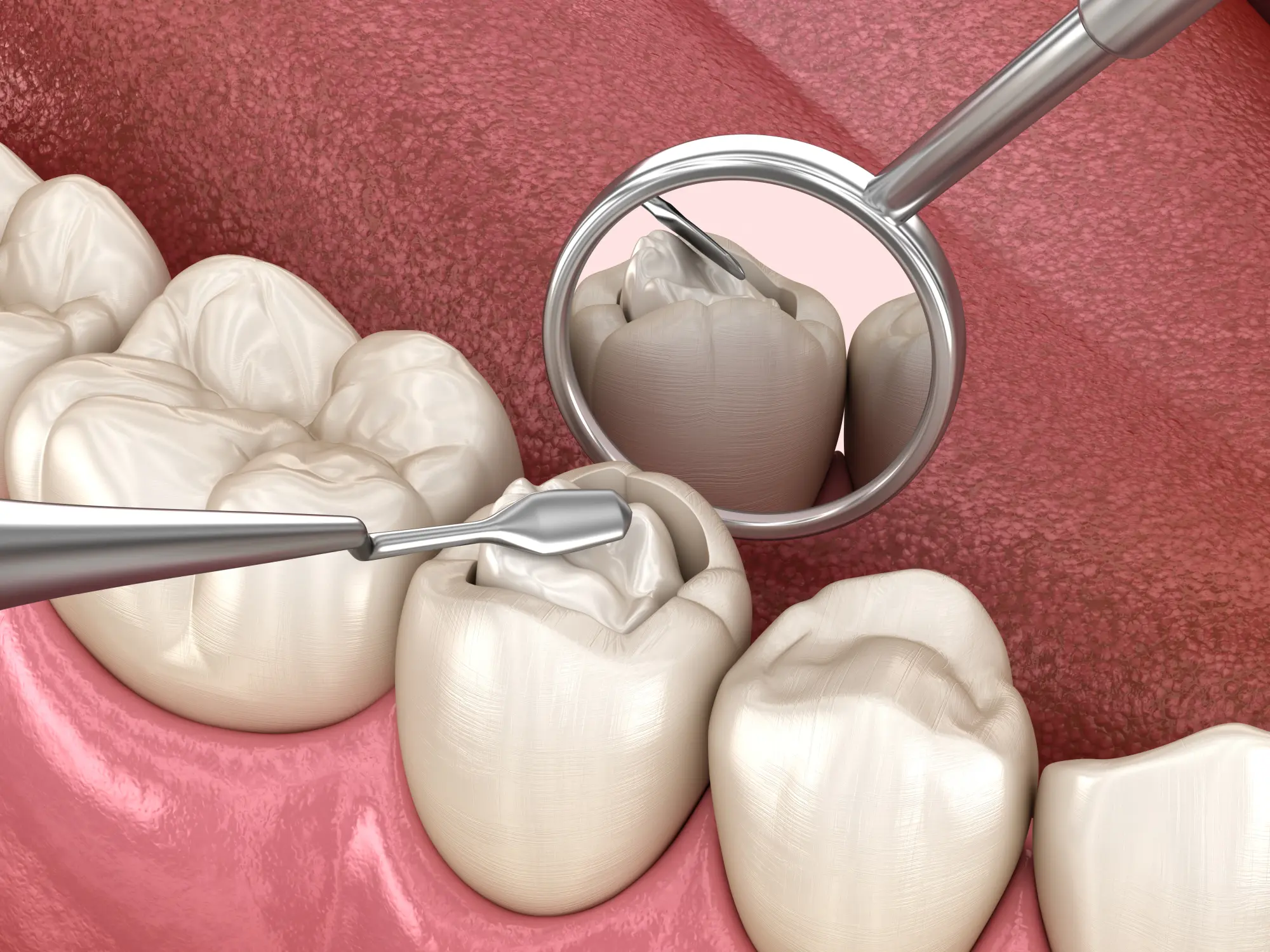
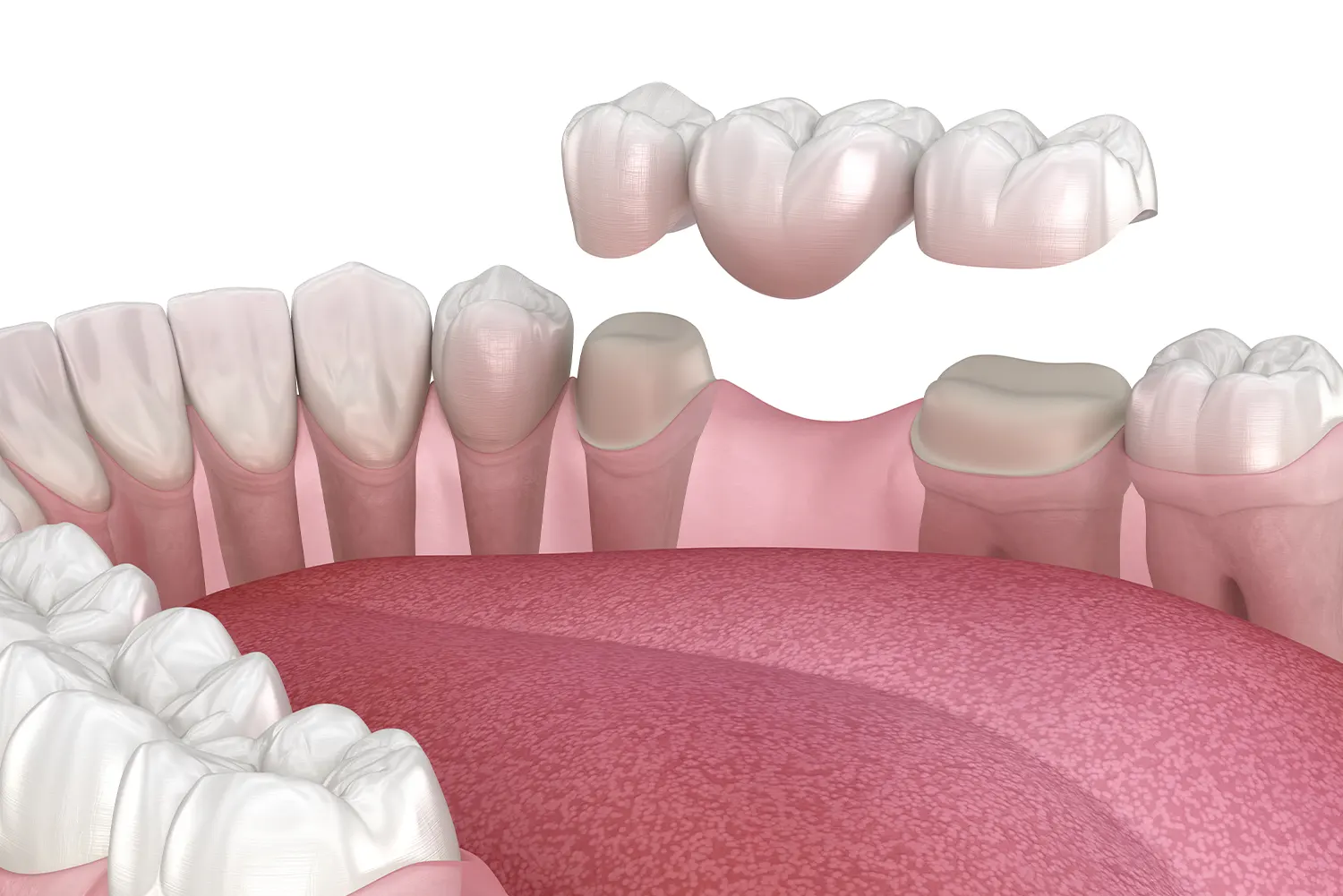

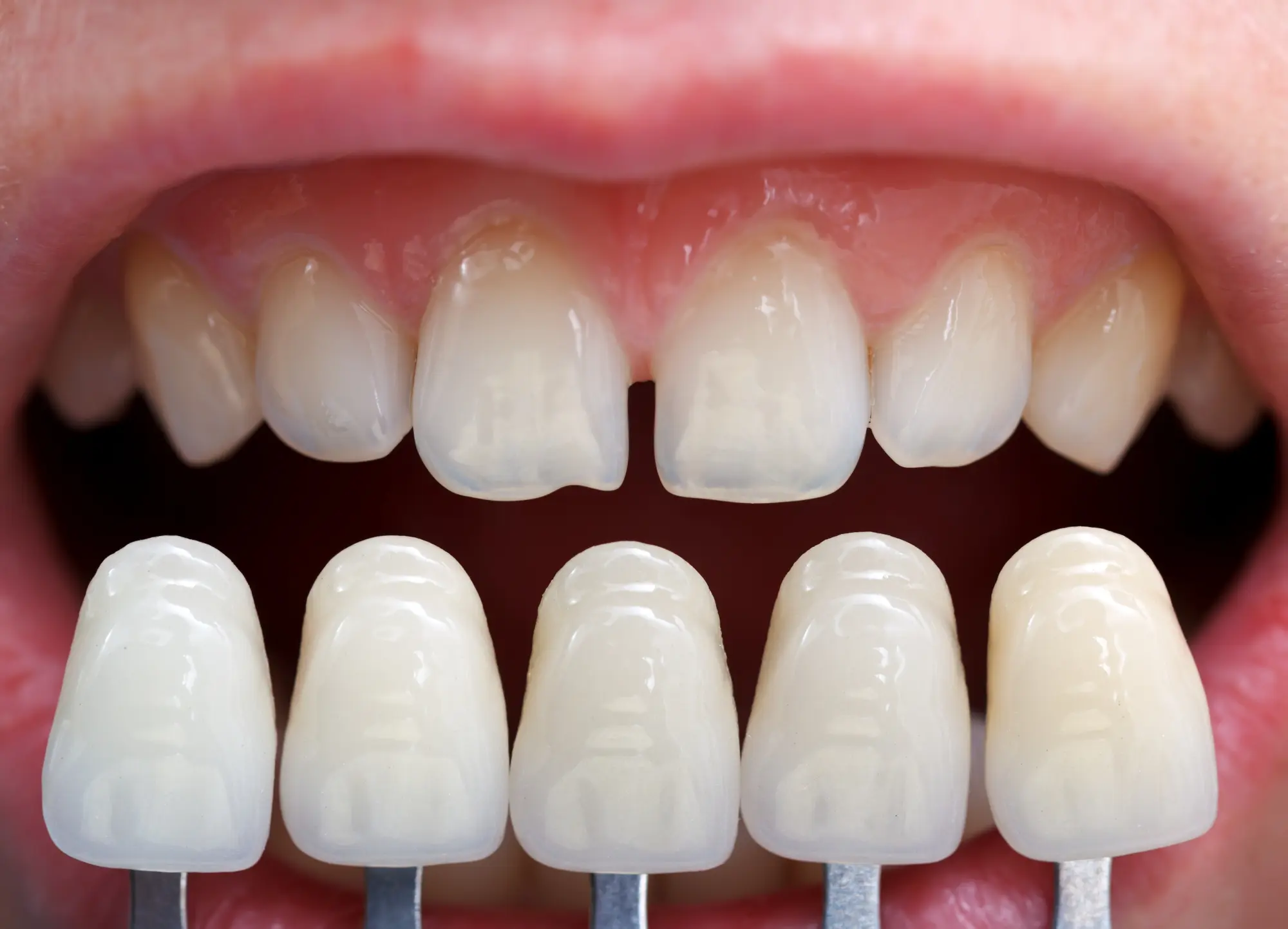










.jpeg)



